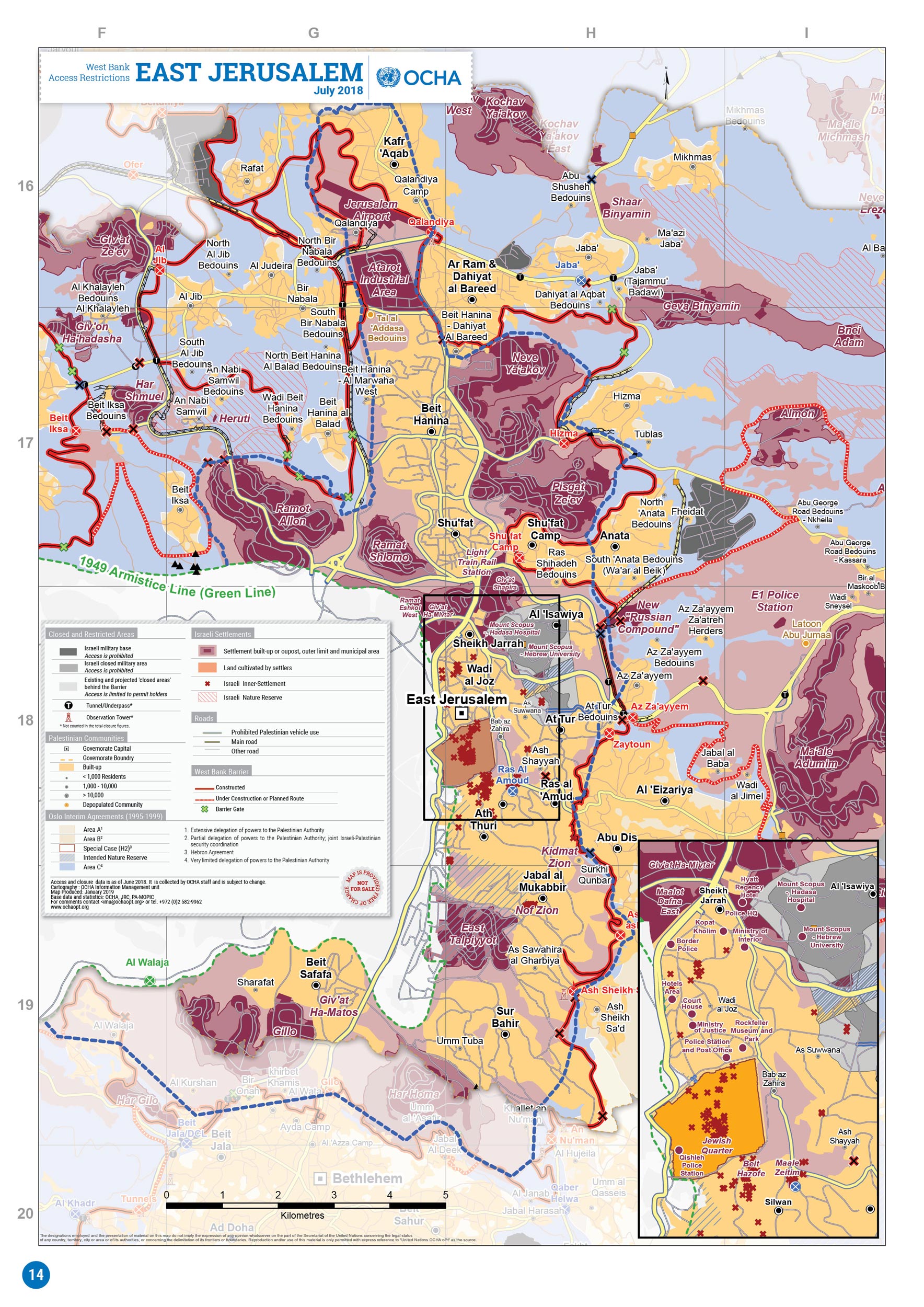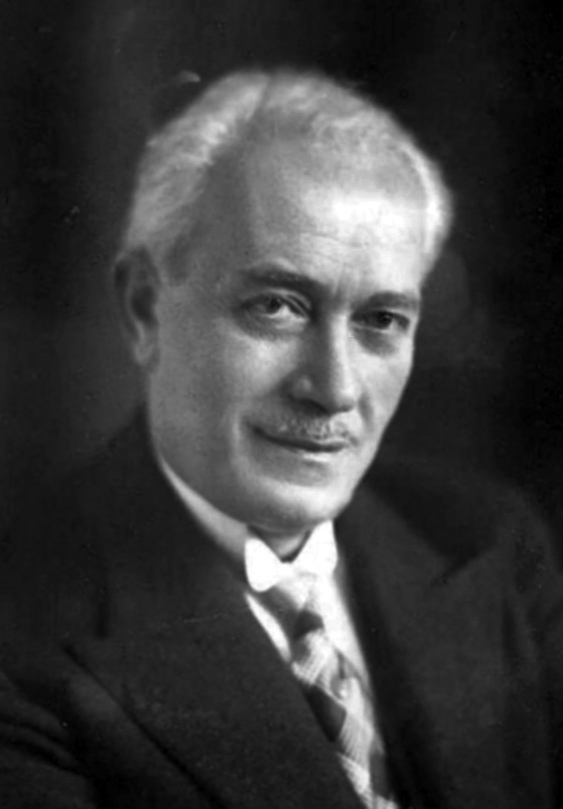|
Al-Quds
Jerusalem (; he, יְרוּשָׁלַיִם ; ar, القُدس ) (combining the Biblical and common usage Arabic names); grc, Ἱερουσαλήμ/Ἰεροσόλυμα, Hierousalḗm/Hierosóluma; hy, Երուսաղեմ, Erusałēm. is a city in Western Asia. Situated on a plateau in the Judaean Mountains between the Mediterranean and the Dead Sea, it is one of the oldest cities in the world and is considered to be a holy city for the three major Abrahamic religions: Judaism, Christianity, and Islam. Both Israelis and Palestinians claim Jerusalem as their capital, as Israel maintains its primary governmental institutions there and the State of Palestine ultimately foresees it as its seat of power. Because of this dispute, neither claim is widely recognized internationally. Throughout its long history, Jerusalem has been destroyed at least twice, besieged 23 times, captured and recaptured 44 times, and attacked 52 times. According to Eric H. Cline's tally in Je ... [...More Info...] [...Related Items...] OR: [Wikipedia] [Google] [Baidu] |
Quds Governorate
The Quds Governorate ( ar, محافظة القدس, Muḥāfaẓat al-Quds; he, נפת אל-קודס), also Jerusalem Governorate, is one of the 16 Governorates of Palestine and located in the central part of the West Bank. The current Governor, appointed by the Palestinian National Authority, is since 2018 Adnan Ghaith, who succeeded to Adnan al-Husayni, appointed in 2008. The Governorate has two sub-districts: ''Jerusalem J1'', which includes the localities within the territory controlled by the Israeli Jerusalem municipality ( East Jerusalem), and ''Jerusalem J2'', which includes the remaining parts of the Jerusalem Governorate. The district capital of the Governorate is East Jerusalem (al-Quds). The total land area of the governorate is 344 km2. According to the Palestinian Central Bureau of Statistics, the governorate had a population of 429,500 residents in 2005, accounting for 10.5% of Palestinians living in the Palestinian territories in 2022 population had risen ... [...More Info...] [...Related Items...] OR: [Wikipedia] [Google] [Baidu] |
Maqdisi
Maqdisi ( ar, مقدسي) is an Arabic nisba referring to a Jerusalemite. It is derived from ''Bayt al-Maqdis'', an Arabic name for Jerusalem, by way of the Hebrew ''Beit HaMikdash'', the Temple in Jerusalem. Today, the common Arabic name of Jerusalem is al-Quds. Al-Maqdisi () is used as an appellative to refer to a number of people, including: * Abd al-Ghani al-Maqdisi, classical Palestinian Sunni Islamic scholar *Al-Maqdisi, medieval Arab geographer born in Jerusalem * Abu Muhammad al-Maqdisi, contemporary Jordanian-Palestinian Salafi Islamist scholar * Diya al-Din al-Maqdisi, a Hanbali Islamic scholar *Ibn Qudamah, Imam Mawaffaq ad-Din Abdullah Ibn Ahmad Ibn Qudama al-Maqdisi, a Hanbali Islamic scholar *Kamel al-Budeiri, governor of Ramla district during the later Ottoman period *Hisham Al-Saedni, known by the nom de guerre Abu al-Walid al-Maqdisi, founder of the militant group Mujahideen Shura Council in the Environs of Jerusalem See also * Qudsi (other) *Muqadda ... [...More Info...] [...Related Items...] OR: [Wikipedia] [Google] [Baidu] |
Qudsi
A Qudsi (also transliterated as Kudsi; ar, قدسي) is a Jerusalemite, especially a Palestinian one. It may also refer to: People * Kudsi Erguner, Turkish musician * Nazim al-Kudsi, Syrian politician * Safwan al-Qudsi, Syrian politician Religion * Hadith Qudsi See also * Ghodsi *Maqdisi Maqdisi ( ar, مقدسي) is an Arabic nisba referring to a Jerusalemite. It is derived from ''Bayt al-Maqdis'', an Arabic name for Jerusalem, by way of the Hebrew ''Beit HaMikdash'', the Temple in Jerusalem. Today, the common Arabic name of Jerus ... {{disambig Arabic-language surnames ... [...More Info...] [...Related Items...] OR: [Wikipedia] [Google] [Baidu] |
East Jerusalem
East Jerusalem (, ; , ) is the sector of Jerusalem that was held by Jordan during the 1948 Arab–Israeli War, as opposed to the western sector of the city, West Jerusalem, which was held by Israel. Jerusalem was envisaged as a separate, international city under the 1947 United Nations partition plan. It was, however, divided by the 1948 war that followed Israel's declaration of independence. As a result of the 1949 Armistice Agreements, the city's western half came under Israeli control, while its eastern half, containing the famed Old City, fell under Jordanian control. Israel occupied East Jerusalem during the 1967 Six-Day War; since then, the entire city has been under Israeli control. The 1980 Jerusalem Law declared unified Jerusalem the capital of Israel, formalizing the effective annexation of East Jerusalem. Palestinians and many in the international community consider East Jerusalem to be the future capital of the State of Palestine. This includes (out o ... [...More Info...] [...Related Items...] OR: [Wikipedia] [Google] [Baidu] |
Hebrew Language
Hebrew (; ; ) is a Northwest Semitic language of the Afroasiatic language family. Historically, it is one of the spoken languages of the Israelites and their longest-surviving descendants, the Jews and Samaritans. It was largely preserved throughout history as the main liturgical language of Judaism (since the Second Temple period) and Samaritanism. Hebrew is the only Canaanite language still spoken today, and serves as the only truly successful example of a dead language that has been revived. It is also one of only two Northwest Semitic languages still in use, with the other being Aramaic. The earliest examples of written Paleo-Hebrew date back to the 10th century BCE. Nearly all of the Hebrew Bible is written in Biblical Hebrew, with much of its present form in the dialect that scholars believe flourished around the 6th century BCE, during the time of the Babylonian captivity. For this reason, Hebrew has been referred to by Jews as ''Lashon Hakodesh'' (, ) since a ... [...More Info...] [...Related Items...] OR: [Wikipedia] [Google] [Baidu] |
Demographic History Of Jerusalem
Jerusalem's population size and composition has shifted many times over its 5,000 year history. Since medieval times, the Old City of Jerusalem has been divided into Jewish, Muslim, Christian, and Armenian quarters. Most population data pre-1905 is based on estimates, often from foreign travellers or organisations, since previous census data usually covered wider areas such as the Jerusalem District. These estimates suggest that since the end of the Crusades, Muslims formed the largest group in Jerusalem until the mid-19th century. Between 1838 and 1876, a number of estimates exist which conflict as to whether Jews or Muslims were the largest group during this period, and between 1882 and 1922 estimates conflict as to exactly when Jews became a majority of the population. In 2016, the total population of Jerusalem was 882,700, including 536,600 Jews, 319,800 Muslims, 15,800 Christians, and 10,300 unclassified. In 2003, the population of the Old City was 3,965 Jews and 31,40 ... [...More Info...] [...Related Items...] OR: [Wikipedia] [Google] [Baidu] |
Moshe Lion
Moshe Lion, or Moshe Leon ( he, משה ליאון, born 6 October 1961), is an Israeli politician who is currently the Mayor of Jerusalem. He previously served as a member of the Jerusalem City Council, director-general of the Prime Minister's Office, Chairman of the Israel Railways, and head of the Jerusalem Development Authority. Lion is the first mayor of Jerusalem of Sephardi descent. Early life Moshe Lion was born in the Florentin neighborhood of Tel Aviv, Israel, and attended . His father's family comes from Thessaloniki, while his mother has roots in Aden. As a child, he moved with his family to Givatayim. Lion served in the Israel Defence Forces, where he was assigned to the military chaplaincy and sang with the IDF rabbinical choir. He occasionally still leads synagogue services. Lion graduated with a BA in economics and accounting from Bar-Ilan University, and interned in the office of Avigdor Yitzhaki, receiving his CPA in 1990. His brother, Dr. Nissim Lion ... [...More Info...] [...Related Items...] OR: [Wikipedia] [Google] [Baidu] |
Mayor Of Jerusalem
The Mayor of the City of Jerusalem is head of the executive branch of the political system in Jerusalem. The mayor's office administers all city services, public property, most public agencies, and enforces all city and state laws within Jerusalem. The mayor's office is located in Safra Square; it has jurisdiction over all the city's neighborhoods. The mayor appoints many officials, including deputy mayors and city departments directors. History The Jerusalem City Council was established in 1863 during the rule of the Ottoman Empire. From 1948 to 1967 two municipalities operated in the city: an Israeli municipality provided services to the western neighborhoods of the city and a Jordanian municipality to its eastern parts. By 1840, the Jewish community constituted the largest single religious group in the city. From the 1880s onward, the Jews constituted the majority within the city. However, it was only in 1937, under the British Mandate, that the first Jewish mayor wa ... [...More Info...] [...Related Items...] OR: [Wikipedia] [Google] [Baidu] |
Likud
Likud ( he, הַלִּיכּוּד, HaLikud, The Consolidation), officially known as Likud – National Liberal Movement, is a major centre-right to right-wing political party in Israel. It was founded in 1973 by Menachem Begin and Ariel Sharon in an alliance with several right-wing parties. Likud's landslide victory in the 1977 elections was a major turning point in the country's political history, marking the first time the left had lost power. In addition, it was the first time in Israel that a right-wing party won the plurality of the votes. After ruling the country for most of the 1980s, the party lost the Knesset election in 1992. Likud's candidate Benjamin Netanyahu won the vote for Prime Minister in 1996 and was given the task of forming a government after the 1996 elections. Netanyahu's government fell apart after a vote of no confidence, which led to elections being called in 1999 and Likud losing power to the One Israel coalition led by Ehud Barak. In 2001, L ... [...More Info...] [...Related Items...] OR: [Wikipedia] [Google] [Baidu] |
Jerusalem Municipality
The Jerusalem Municipality ( he, עיריית ירושלים; Iriyat yerushalayim), the seat of the Israeli municipal administration, consists of a number of buildings located on Jaffa Road in the city of Jerusalem. History British Mandate town hall (1930) Jerusalem's old town hall was built in 1930, during the British Mandate. The construction was financed by Barclays Bank, whose offices were located in the rounded section of the building facing the Old City walls. The building was designed by British architect Clifford Holliday. Stained glass windows designed by Israeli artist Avigdor Arikha were installed in the City Council Chamber in 1972. Israeli municipality compound (1990s) The new complex of the Jerusalem municipality was built in the 1990s in Safra Square. Offices were previously located in 32 different buildings around the city. As the site is at the historic centre of the city, various measures were taken to meet the practical needs of the town hall without ... [...More Info...] [...Related Items...] OR: [Wikipedia] [Google] [Baidu] |
Mayor–council Government
The mayor–council government system is a system of local government that has a mayor who is directly elected by the voters serve as chief executive, and a separately elected legislative city council. It is one of the two most common forms of local government in the United States, and is also used in Brazil,According to the Chapter IV oBrazilian Constitution of 1988 Canada, Italy, Israel, New Zealand, Poland and Turkey. It is the one most frequently adopted in large cities, although the other form, council–manager government, is the local government form of more municipalities. The form may be categorized into two main variations depending on the relative power of the mayor compared to the council. In a typical ''strong-mayor'' system, the elected mayor is granted almost total administrative authority with the power to appoint and dismiss department heads. In such a system, the mayor's administrative staff prepares the city budget, although that budget usually must be approved ... [...More Info...] [...Related Items...] OR: [Wikipedia] [Google] [Baidu] |





